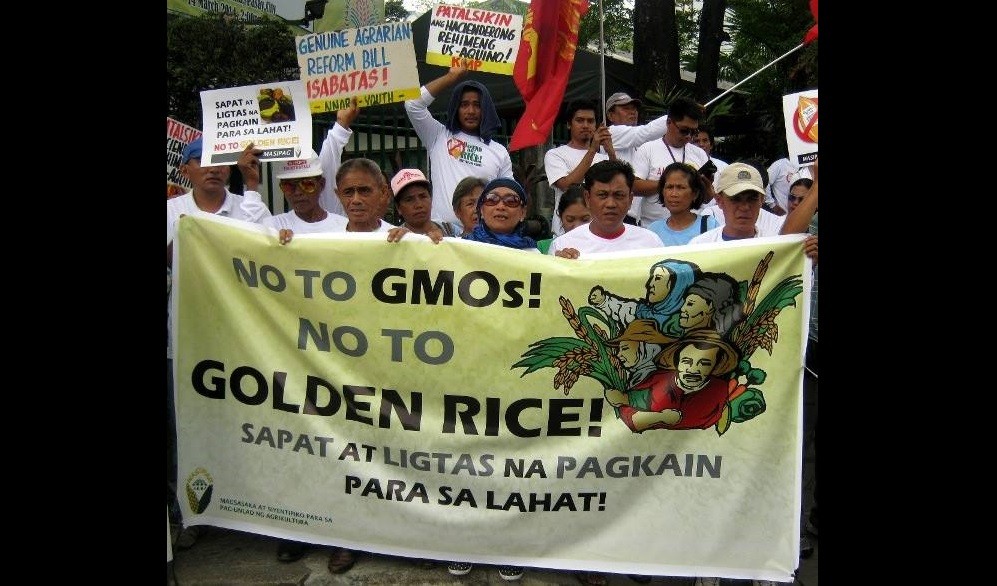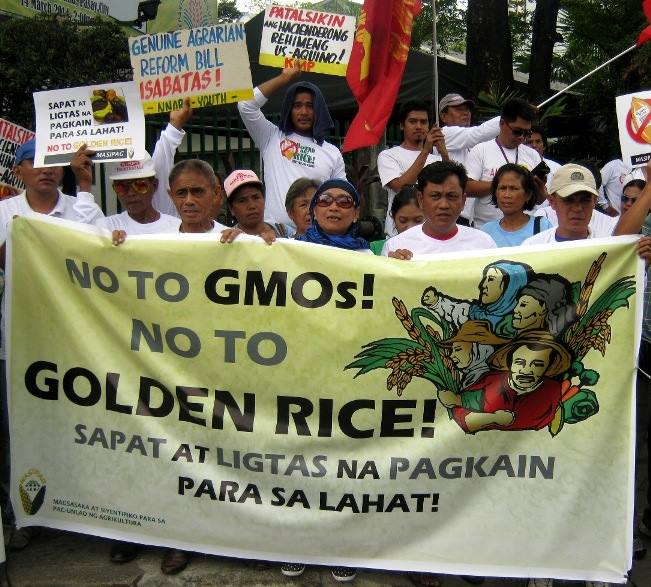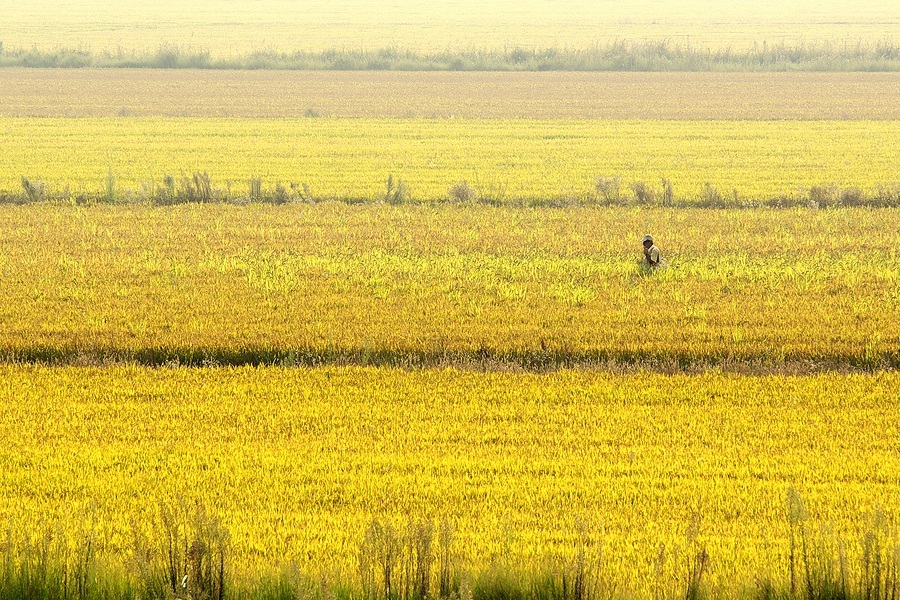Philippines Approves Genetically Modified Rice that Farmers Don’t Want but Bill Gates Funded
Earlier this month (December 2019) the International Rice Research Institute in the Philippines announced that they had approved the genetically modified "Golden Rice" for "direct use as food and feed, or for processing." Health Impact News has been covering GM "Golden Rice" for over 8 years now, and the controversy surrounding it. The scientific evidence that GM Golden Rice could improve nutrition and deficiencies in Vitamin A has been very weak, and the product was considered "dead" until the Bill and Melinda Gates Foundation intervened in 2011 with $20 million to continue developing the product. After years of field trials in the Philippines with very negative outcomes, farmers in the Philippines have protested against its approval. Dr. Chito Medina, National Coordinator of the farmer-scientist group MASIPAG stated in 2014: “Our opposition to Golden Rice and other GM crops are founded on solid arguments and actual experiences of Filipino farmers on GM crops. Filipino farmers who have been planting GM crops suffered negative income, health problems and poisoned environment.” He cited the study made by MASIPAG in which farmers who adopted GM corn suffered further indebtedness, health problems and a poisoned environment.








